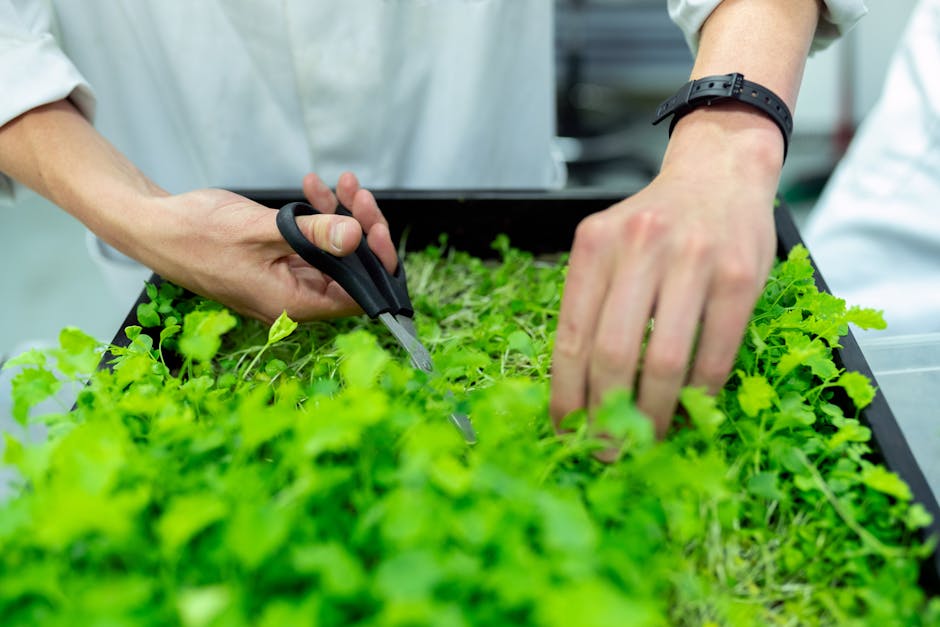
Rethinking Agriculture: Sustainable Farming Practices
Over the years, agriculture has undergone a significant transformation. Farmers and scientists have been rethinking traditional farming practices in favor of more sustainable approaches. This shift towards sustainable farming not only helps protect the environment but also ensures long-term food security.
Gone are the days of excessive pesticide use, soil erosion, and water pollution. Today, farmers are employing innovative techniques and technologies to maximize productivity while minimizing the negative impact on the ecosystem.
One key aspect of sustainable farming is organic agriculture. By avoiding synthetic chemicals and focusing on natural inputs, organic farmers nurture soil health, protect biodiversity, and produce healthier crops.
Another approach gaining popularity is precision farming. This method utilizes advanced technologies like satellite imagery, drones, and sensors to monitor and manage crops with precision. By precisely applying fertilizers, pesticides, and irrigation, farmers can optimize resource utilization and reduce waste.
Rotational grazing is yet another sustainable farming practice that involves moving livestock across different areas. This approach not only allows the land to recover naturally but also prevents overgrazing and soil degradation.
Agroforestry, combining trees and crops in the same field, is another way to enhance sustainability in agriculture. Trees provide shade, prevent erosion, retain water, and create habitats for beneficial organisms. This integration of vegetation increases overall farm resilience and promotes a healthy ecosystem.
As the world continues to face various challenges such as climate change, depleting water resources, and diminishing arable land, rethinking agriculture becomes crucial. By embracing sustainable farming practices, we can ensure a brighter future for both agriculture and the environment.
